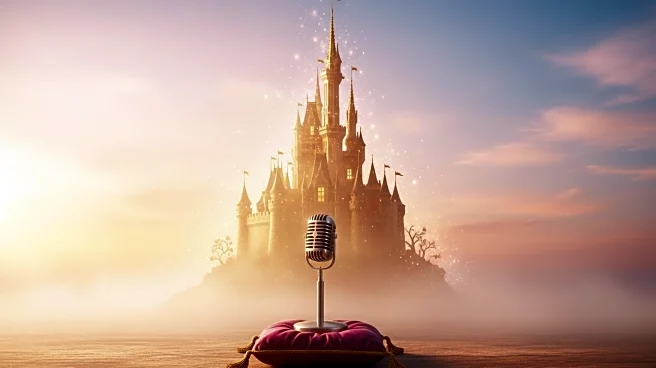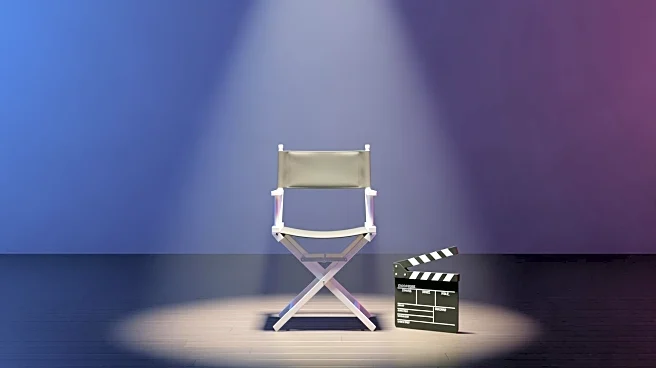What is the story about?
What's Happening?
The Federal Communications Commission (FCC), under Brendan Carr, has been exerting pressure on media companies, influencing their programming decisions without formal regulatory actions. Recently, Disney pulled comedian Jimmy Kimmel off the air following threats from Carr, who suggested potential actions against Kimmel's show. This move was seen as a preemptive measure to avoid possible FCC sanctions, such as revoking broadcast licenses or imposing fines. The situation escalated when President Trump suggested that broadcast networks' licenses should be reconsidered. Disney's decision to suspend Kimmel was influenced by concerns over backlash from conservative groups and potential regulatory hurdles, including pending transactions with the Department of Justice.
Why It's Important?
The FCC's approach under Carr highlights the agency's significant influence over media companies, affecting their content and operations. This situation underscores the tension between government regulatory bodies and media freedom, raising concerns about censorship and the impact on free speech. Media companies, like Disney, face challenges in balancing regulatory compliance with maintaining editorial independence. The broader implications include potential shifts in media content, influenced by political pressures, and the strategic decisions companies must make to navigate these challenges. The incident also reflects the complex relationship between large media conglomerates and government agencies, which can affect their business operations and public perception.
What's Next?
Disney's handling of the situation with Jimmy Kimmel may lead to further scrutiny of the FCC's role in media regulation. Media companies might reassess their strategies to mitigate regulatory risks while maintaining content integrity. The ongoing transactions involving Disney and the Department of Justice could be influenced by this regulatory environment, potentially affecting future mergers and acquisitions. Stakeholders, including media executives and civil rights advocates, may push for clearer guidelines on the FCC's influence over content decisions. The situation could also prompt discussions on the balance between regulatory oversight and media freedom, influencing future policy debates.
Beyond the Headlines
The FCC's actions raise ethical questions about the extent of government influence on media content and the potential for censorship. The situation highlights the power dynamics between large media corporations and regulatory bodies, which can impact public discourse and the diversity of viewpoints presented in media. The long-term implications may include shifts in media ownership structures and increased advocacy for media independence. Additionally, the incident may spark broader discussions on the role of government in regulating media and the protection of free speech in the digital age.















